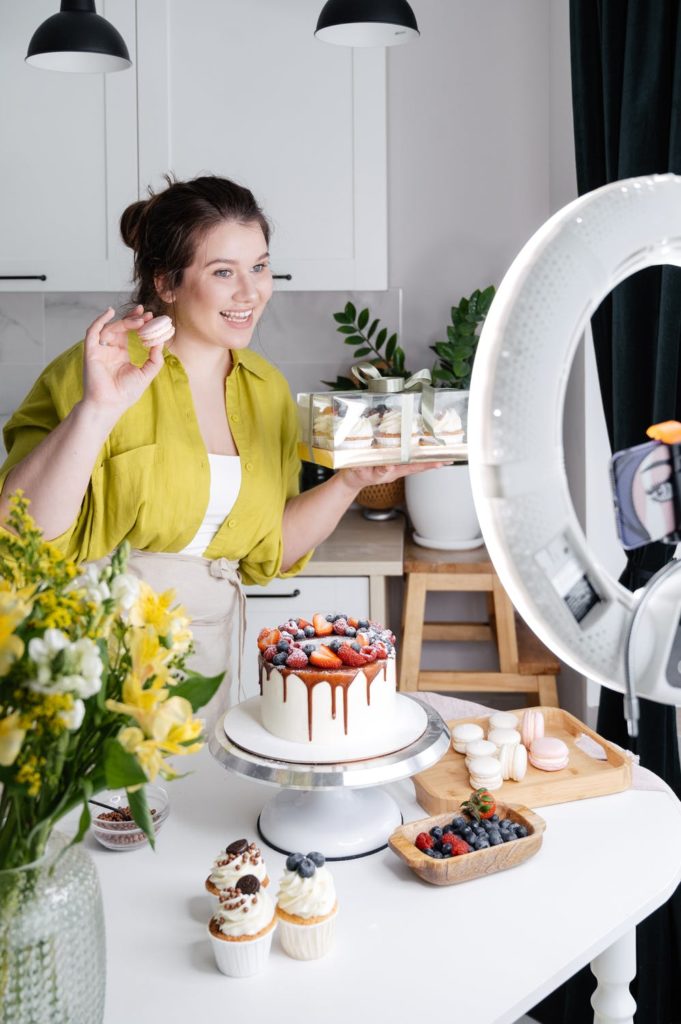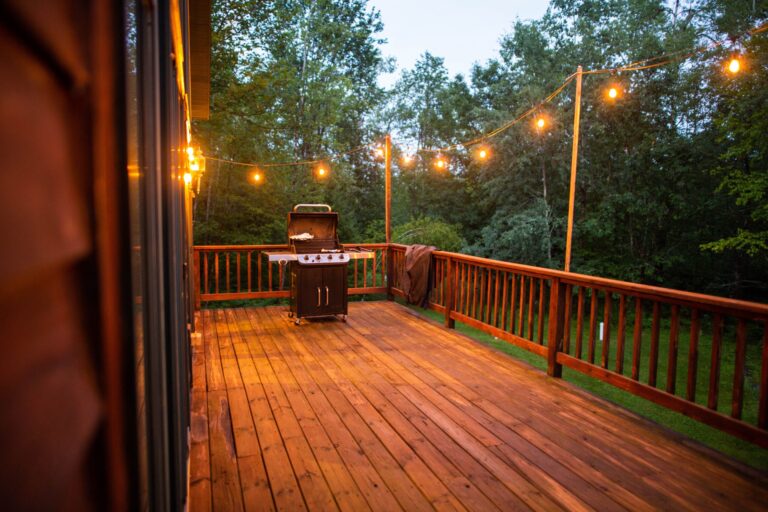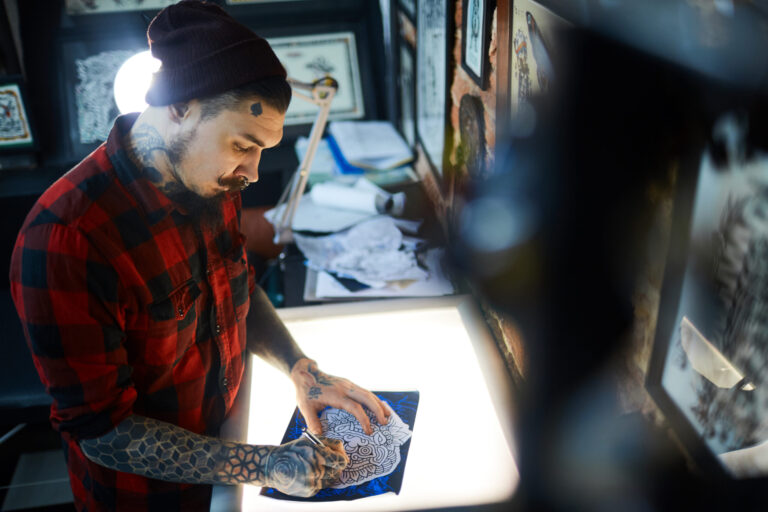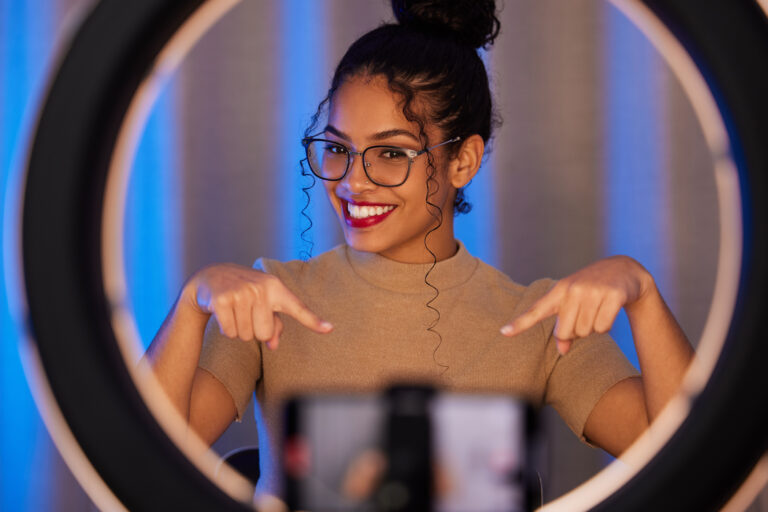Are you a new business owner seeking to promote your brand through commercials? That is a smart move, but you must know this. Indeed commercials are very instrumental to the growth of businesses worldwide. Making them, however, is an expensive venture many start-ups struggle to afford.
You first have to create the commercial and pay advertisers to show them on TV, radio, or online. And so, if you choose this route, you can’t afford to create something mediocre. If you want to experiment with your idea before you create it on a big scale, here are a few tips.
1. Understand what your plan or target is.

Before you even start anything, you should know the outcome you seek from the commercial, the target audience you want to address, and the ad’s length. Although the results may differ from how you envisioned them, identifying a target at the early stage serves as your compass.
Also, determine a tone for your ad that agrees with your brand’s image and message and make sure it appeals to your target consumers. Also, try to arm yourself with information beneficial to the campaign. A quick online search for a website with business and entrepreneurship information might help.
For example, if you want to know how to make money with a drone, InBusiness Magazine has written an interesting piece on this.
Platforms like InBusiness Magazine educate readers on entrepreneurship, as well as an array of helpful resources on finance.
2. Set aside a reasonable budget.

Although you may want to spend little to no money, it’s wise to draw a reasonable budget. This way, you can prioritize and monitor your spending. Your script determines your budget. It helps you establish things like the location for the shoot, actors involved, and props to use. Try and avoid copying big brands (or any other brand for that matter). Companies that do national commercials have the money to spend. So, it’s better to focus on ads that are less competitive and inexpensive.
For example, let’s say you’re starting your own wellness brand, and you want to sensitize members in your community about your shop in the corner. You don’t need a full-blown national advert just yet, but rather something easily relatable to members of your community. You can get ideas on how to structure your script to reflect on several websites. One of them is Domesticated Momma, a lifestyle blog that touches on all things beauty, family, and real estate.
3. Use quality production gear.
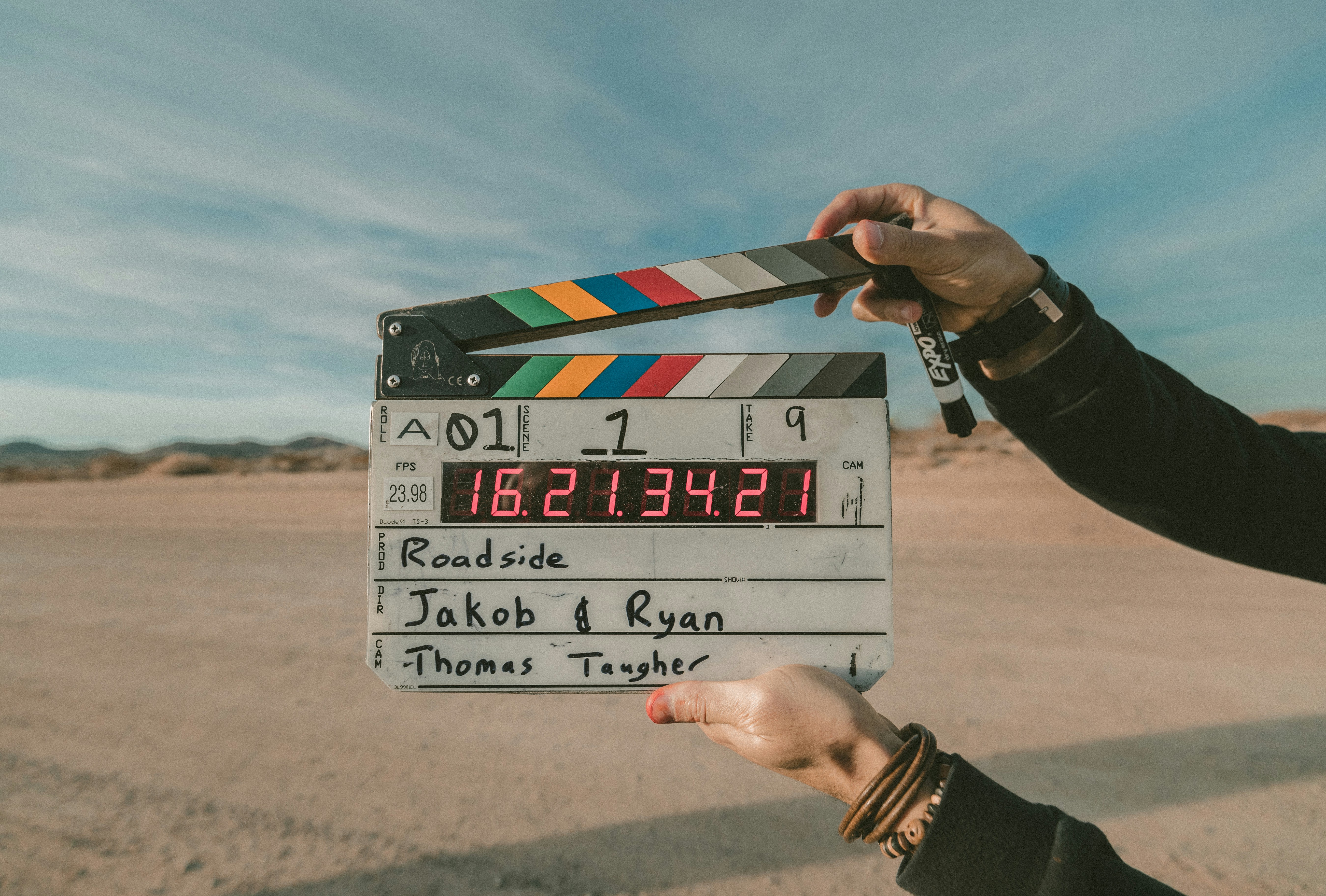
Pre-production involves everything up until shooting begins. Deciding on your message, location, budget, technical arrangements, actors involved, building your story and script are the essential elements of pre-production. If you can bear it, you could hire a production company to take care of everything for you. Otherwise, you can recruit family and friends to help you (or even you do it yourself).
You can also employ a camera operator and scriptwriter’s services, for instance, while you attend to non-technical areas of the production like renting used camera gear. This will most likely give you a more efficient result and save money you would have spent on a full production service. You don’t have to own everything you need for this commercial. You can explore rental services like the one offered by BorrowLenses.com, where you get superior, cutting-edge cameras, audio equipment, lenses, production support systems, lighting kits, and exceptional customer service.
Don’t worry if you’re not a professional; they still have equipment even a novice can use. They deliver to all 50 states in the United States and have local pick-up points to go to if you prefer. Although the entire process is done through their website, you can call for assistance where need be. Furthermore, they have a team of skilled videographers and photographers who are ready to assist. All you do is rent what you need, shoot, and return them.
4. Be clear about your brand’s image.

Shooting can begin when pre-production has been efficiently done. Make sure everyone involved knows and understands the script and your brand’s image. The commercial should be short and straight to the point. If you hire a full production team or just a professional director and cameraman, they’ll take care of that for you.
Be prepared to provide refreshment, the on-call problem solver, and the overall production assistant to assist in every area you’re needed. Lastly, ensure your shoot captures the results you seek because, in such creative environments, people tend to get carried away and digress from the script. Don’t be tempted. Stick to your script, your message, and your brand image.

